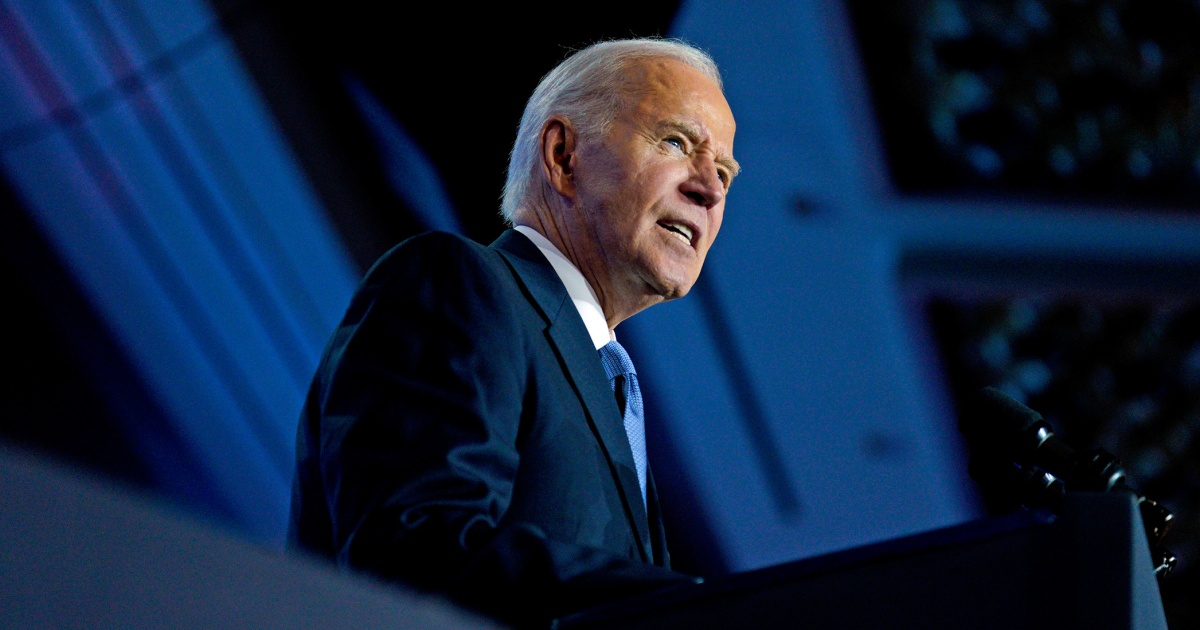Scrutinizing Presidential Pardons: Understanding the Current Landscape
The recent pardons granted by Presidents Biden and Trump have prompted extensive public debate, raising significant questions about the integrity of the justice system. These actions have not only highlighted the power of the presidential pardon but also ignited discussions regarding the need for reform in accountability. As public scrutiny grows, advocates are amplifying their calls for urgent reform in the pardoning process. This article delves into the implications of these pardons, the historical context, and the pressing need for accountability in the system.
What Are Presidential Pardons?
Presidential pardons are a constitutional power granted to the President of the United States, allowing them to forgive an individual for a federal crime, effectively removing any penalties or consequences associated with that crime. The framers of the Constitution included this power to provide a check against the judicial system, allowing for mercy in cases where it is deemed appropriate. However, this power is not without controversy.
The Historical Context of Pardons
Historically, the use of pardons has ranged from acts of compassion to politically charged decisions. Presidents have issued pardons for various reasons, including:
- Mercy: To show compassion for individuals who may have received disproportionately harsh sentences.
- Political Gain: To curry favor with certain voter bases or to rectify perceived injustices.
- Restoration of Rights: To reinstate the rights of individuals who have demonstrated rehabilitation.
Notable examples include President Gerald Ford’s pardon of Richard Nixon following the Watergate scandal and President Bill Clinton’s pardon of Marc Rich, a controversial oil trader. Each instance has sparked debates about the motivations behind such decisions and their implications for justice.
Recent Pardons: A Case Study
Both Presidents Biden and Trump have faced intense scrutiny for their pardoning decisions. President Trump’s final days in office saw a flurry of pardons, including individuals with connections to his administration and controversial figures like Steve Bannon. Critics argued that these pardons were a blatant misuse of power, raising ethical questions about favoritism.
Conversely, President Biden has also been criticized for his approach to pardons, particularly regarding his decision to grant clemency to certain individuals while ignoring others who may have had equally compelling cases. Advocates for criminal justice reform have expressed concern that the pardoning process remains opaque and inconsistent, favoring those with political connections over those who genuinely seek justice and rehabilitation.
The Call for Reform in Accountability
The current landscape has led to a growing consensus among lawmakers, activists, and citizens that the pardoning process requires reform. Here are several key areas where reform is essential:
1. Transparency in the Pardoning Process
One of the primary concerns surrounding presidential pardons is the lack of transparency. The criteria and rationale behind each pardon often remain unclear, leading to perceptions of favoritism. Advocates argue that a more transparent process would enhance public trust in the justice system.
2. Standardized Criteria for Pardons
Establishing standardized criteria for granting pardons could help ensure fairness and consistency. If clear guidelines are implemented, it could prevent arbitrary decisions and help the public understand the rationale behind each pardon.
3. Involvement of Independent Review Boards
Introducing independent review boards could provide a layer of accountability. These boards could assess pardon applications based on established criteria, ensuring that decisions are made in the best interest of justice rather than political expediency.
4. Public Input and Feedback
Encouraging public input on potential pardons could foster a sense of community involvement in the justice process. Allowing citizens to voice their opinions may improve the legitimacy of the pardoning process and promote greater accountability.
Conclusion: A Path Forward for Accountability
The discussion surrounding presidential pardons is more than just a debate about individual cases; it touches upon the very foundation of justice and accountability in the United States. As we scrutinize the actions of Presidents Biden and Trump, it becomes evident that reform is not only necessary but urgent. Advocates for change must continue to push for a system that is transparent, fair, and accountable.
In the wake of recent pardons, it is essential to recognize that the power of clemency should be wielded with care and responsibility. By implementing reforms that prioritize transparency, standardized criteria, independent review, and public involvement, we can foster a system that reflects the values of justice and equity.
Ultimately, the goal is not only to scrutinize presidential pardons but to ensure that they serve the public good, restoring faith in a system that is meant to administer justice fairly and impartially. As discussions evolve, it is crucial for citizens to remain engaged and advocate for a future where accountability is at the forefront of the pardoning process.
See more BBC Express News

